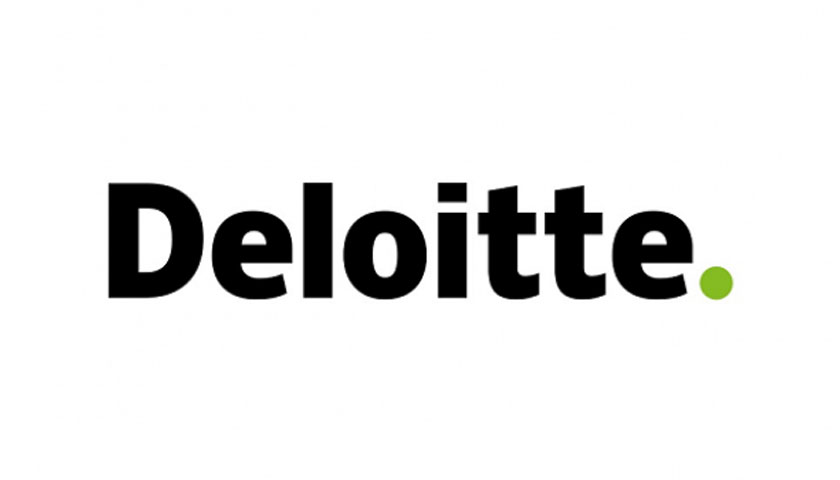The textile industry continues to face growing regulatory and market pressures to shift toward more sustainable and inclusive production models.
Launched at the June Global Fashion Summit: Copenhagen Edition 2025, the Fashion Impact Toolkit provides an impact inventory and framework to help textile companies navigate sustainability challenges. This interactive resource is designed for companies across the complex textile value chain, from raw material producers and retailers to recyclers and remanufacturers, and is applicable across major sub-sectors, including high-street fashion, luxury, footwear, sportswear, and textile manufacturing. It can serve as a starting point to help companies map their areas of influence based on parameters such as materials, processes, and geographies.
“We hope that the Fashion Impact Toolkit will be a valuable resource for the textile industry as it navigates increasing regulatory and stakeholder pressure,” says Federica Marchionni, CEO of the Global Fashion Agenda. “By identifying and acting upon the most critical sustainability implications across the value chain, companies can foster greater resilience, trust, and long-term transformation. We are proud to collaborate with Deloitte to support this much-needed shift.”
Developing an impact inventory
The Fashion Impact Toolkit outlines nearly 3,000 potential impacts across value chain stages, including challenges and opportunities, to help inform leaders’ decision-making. Geographical scoping was applied to serve as the basis for identifying potential impacts across the main stages of the textile lifecycle.
The resulting value chain mapping and impact inventory highlight key hotspots and pressure points across six distinct stages: production of materials, garments manufacturing, product distribution and use, end-of-life management, material recycling, and high-value recovery activities.
A framework to help drive transformation
The interactive Fashion Impact Toolkit is structured according to the current European Financial Reporting Advisory Group’s (EFRAG) European Sustainability Reporting Standards (ESRS). To help organizations navigate the toolkit and turn insights into action, the toolkit follows a seven-step framework:
- Identify the position in the value chain
- Generate material- and geography-specific insights
- Translate potential sector-wide impacts to company-specific ones
- Quantify the identified potential impacts
- Define the risks and opportunities
- Shape the ambition and strategy
- Collaborate for systemic change
A stepping stone to circular transition
The Fashion Impact Toolkit can serve as a stepping stone toward a circular economy. Circular strategies can help reduce a wide range of identified environmental impacts and can be effective in building resilience across the value chain. Deloitte firms can support companies by:
- Identifying how circular strategies can help mitigate future risks and unlock new opportunities.
- Integrating impact data into business decisions such as product design, sourcing strategies, logistics, and end-of-life processes.
- Highlighting opportunities to innovate around material use, circular business models, and stakeholder engagement to help reduce impacts and generate shared value.
- Facilitating collaboration among stakeholders to help create circular synergies and unlock collective value.
“An early outcome of Deloitte’s collaboration with the Global Fashion Agenda, the Fashion Impact Toolkit is designed to help textile company leaders better understand their footprint across the value chain and help inform how they adapt their strategies to be more resilient,” says Cecilia Dall’Acqua, partner and Strategy Sustainability leader, Deloitte Spain. “These adapted strategies can help organizations identify opportunities to enhance performance, helping drive industry-wide progress.”
To download the Fashion Impact Toolkit report and learn more about the upcoming tool visit:
About the Global Fashion Agenda
Global Fashion Agenda (GFA) is a non-profit organization that fosters industry collaboration on sustainability in fashion to accelerate impact. With the vision of a net positive fashion industry, it drives action by mobilising, inspiring, influencing and educating all stakeholders.
The organization has been leading the movement since 2009 and presents the renowned international forum on sustainability in fashion, Global Fashion Summit in core fashion regions around the world. GFA influences policy through its advocacy efforts including the Global Textiles Policy Forum, publishes thought leadership including The GFA Monitor, Fashion CEO Agenda and Fashion on Climate, implements impact programmes including the Circular Fashion Partnership and the Global Circular Fashion Forum, presents educational guidance, and connects companies with solutions through the Innovation Forum,
Through its work, GFA reaches thousands of stakeholders including brands, innovators, NGOs, policy makers, manufacturers, investors and more.
